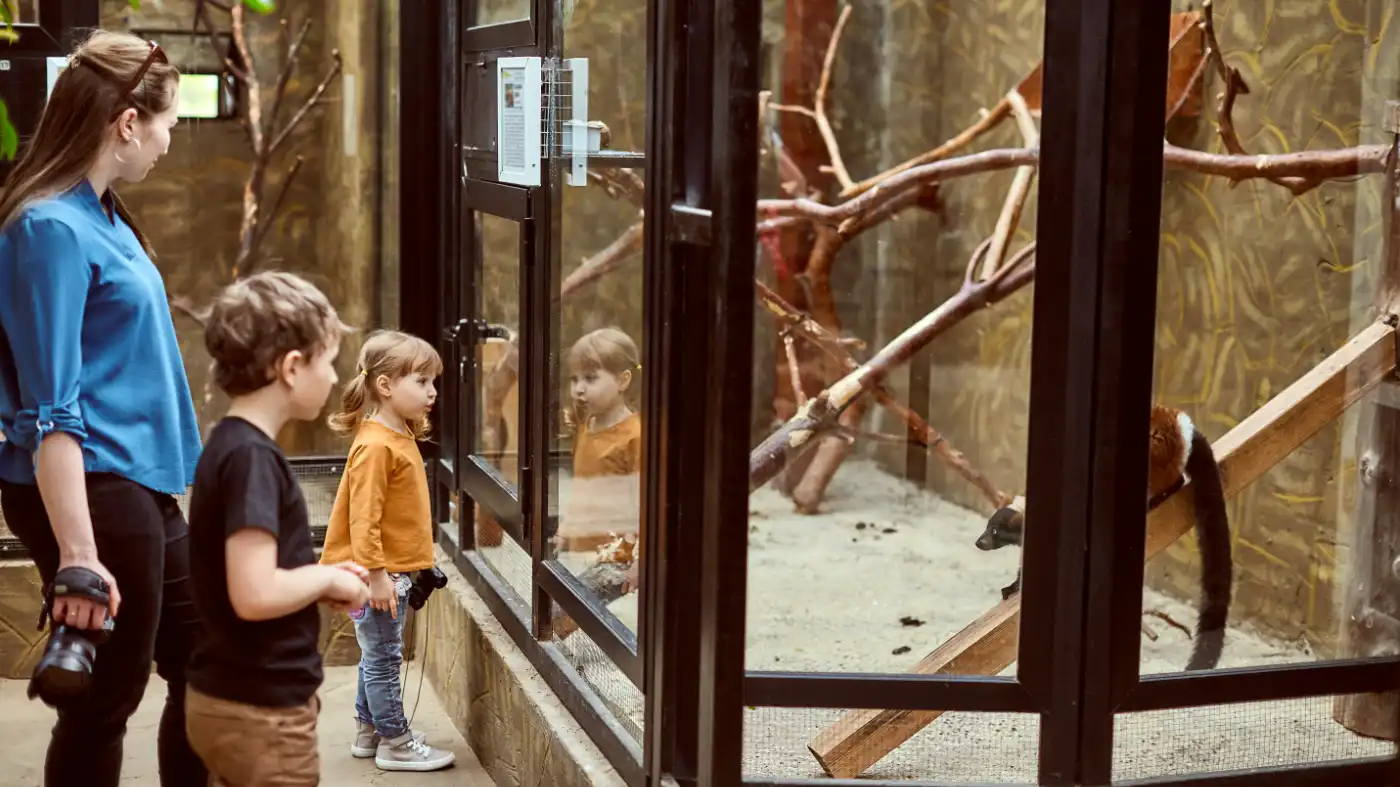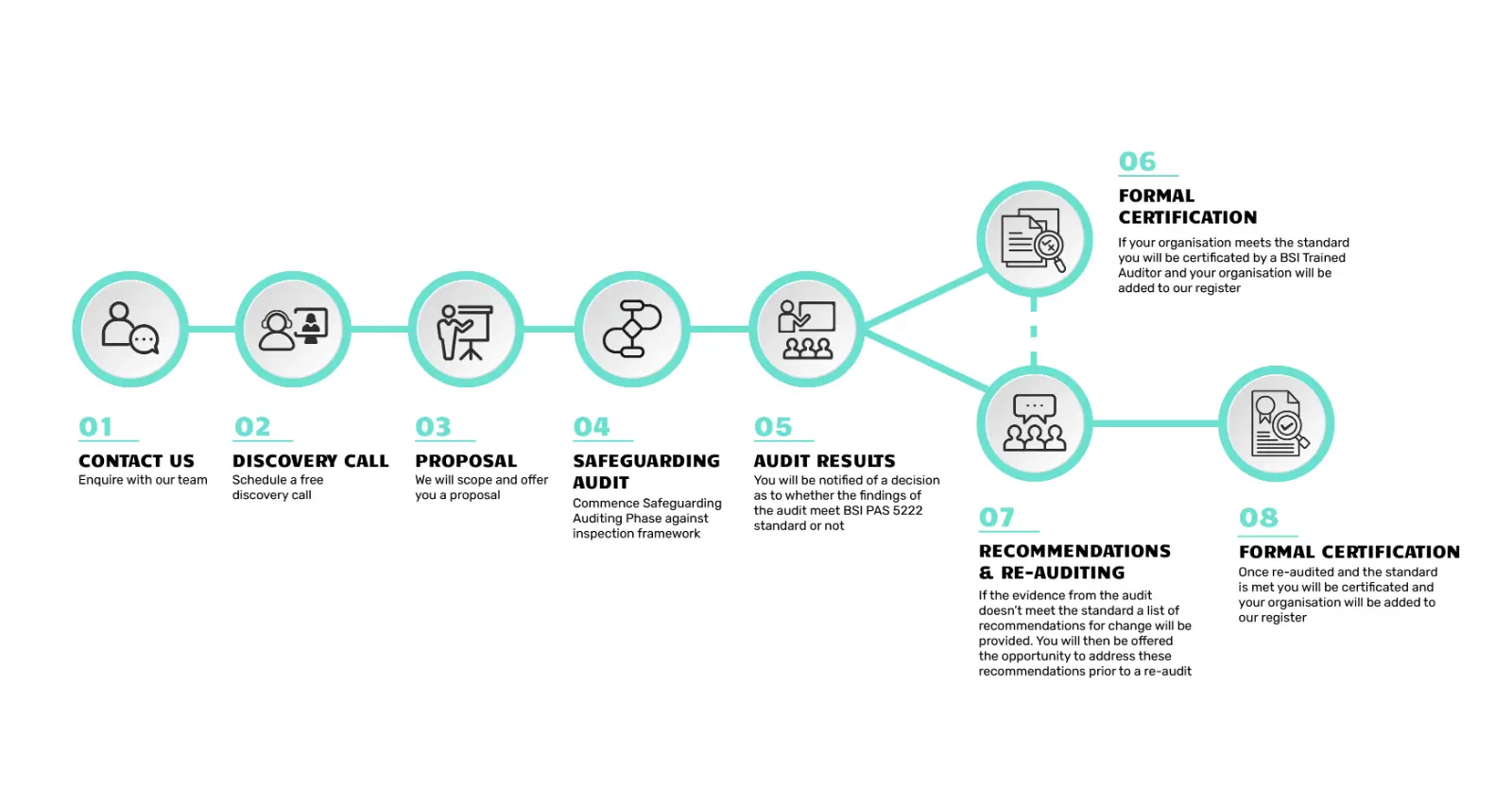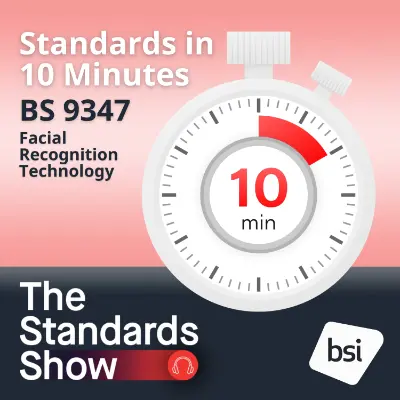What is it?
PAS 5222 is a new standard, developed to support organisations and individuals to safeguard children where they engage with children (U18) in out-of-school settings. It includes a framework specifically designed to reduce the risks of harm, abuse, exploitation, and neglect that children may encounter.
PAS 5222 follows an approach that helps organisations and individuals integrate child safeguarding principles into their governance, policies and procedures. It recognises the importance of safeguarding children, irrespective of whether children engage with organisations that are staffed by paid staff or volunteers. Its aim is to elevate safeguarding practices, equip any organisation that comes into contact with children with effective risk management processes, instil confidence, establish compliance frameworks, and promote consistent implementation of child safeguarding. There is considerable regulation for safeguarding children within school settings, however, there is limited guidance and uncertainty regarding safeguarding practices for children in out-of-school settings. PAS 5222 helps plug this gap by establishing a safeguarding specification standard tailored specifically for these organisations.
In essence, PAS 5222 is designed to create a safer environment for children while raising trust and assurance among providers and clients. It demonstrates the serious way those who meet this standard take in protecting children.





